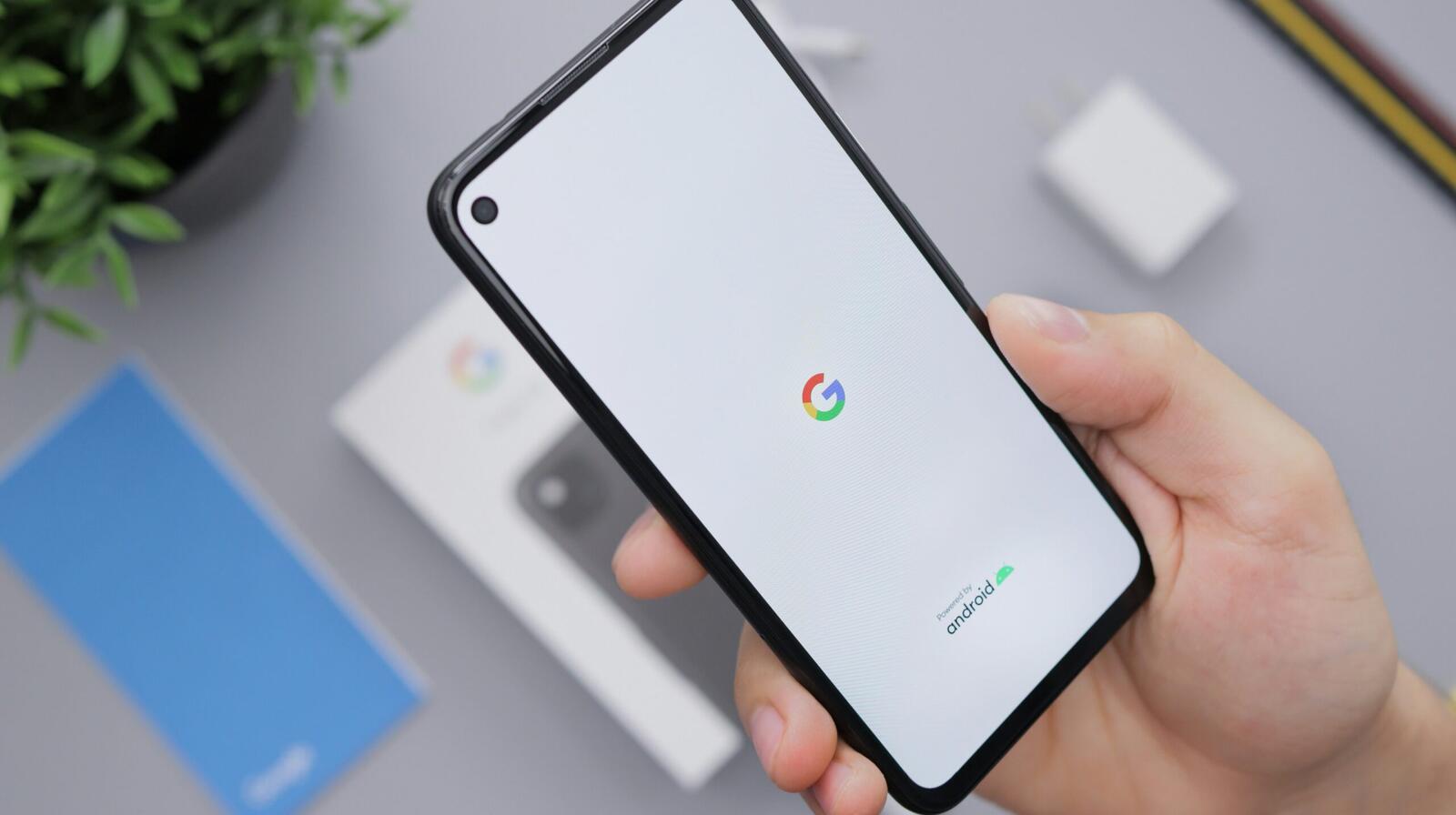A Google employee, Linwei Ding, has been accused by the U.S. Department of Justice (DOJ) of stealing confidential AI technology. The indictment details Ding’s alleged actions of transferring sensitive Google trade secrets to his personal account while secretly affiliating himself with Chinese technology companies. U.S. Attorney Ismail Ramsey commented, “By stealing Google’s trade secrets about its artificial intelligence supercomputing systems, Ding gave himself and the companies that he affiliated with in the PRC an unfair competitive advantage.”
What Was Stolen?
According to the indictment, Ding misappropriated over 500 confidential files detailing Google’s AI data center hardware and software. The files are described as the building blocks for powerful AI models crucial for technological advancements. The indictment alleges that Ding began uploading trade secrets from Google’s network to a personal Google Cloud account, betraying Google’s trust and policies established to protect its intellectual property.
What Are the Implications?
Attorney General Merrick Garland emphasized the gravity of the situation, stating, “The Justice Department will not tolerate the theft of artificial intelligence and other advanced technologies that could put our national security at risk.”
How Was the Scheme Uncovered?
Google initiated an internal investigation after suspecting a breach, leading to Ding’s activities coming to light. Google spokesperson José Castañeda said, “We have strict safeguards to prevent the theft of our confidential commercial information and trade secrets. After an investigation, we found that this employee stole numerous documents, and we quickly referred the case to law enforcement.” This reflects the challenges corporations face in protecting their technological advancements from insider threats.
What Are the Consequences?
If convicted, Ding faces up to 10 years in prison and a $250,000 (around £195,000) fine for each count of theft of trade secrets. The case is the federal government’s way of making sure they prosecute those who compromise intellectual property in the US. FBI Director Christopher Wray expressed, “The FBI will continue its efforts to vigorously pursue those responsible for stealing U.S. companies’ intellectual property and most closely guarded secrets.”
The case against Linwei Ding is set to proceed in the U.S. courts, with the international community closely watching. It serves as a stern warning against intellectual property theft and highlights the need for stringent security measures within tech companies. The outcome may also impact U.S.-China relations and the global AI technology race.



